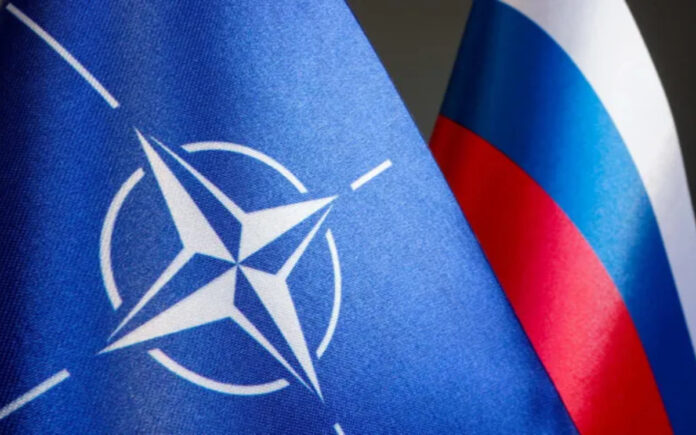Brussels: The increasing role of disinformation and cyber warfare in modern elections has become a major concern for democratic nations. As geopolitical tensions escalate, efforts to manipulate election outcomes have grown more sophisticated, often operating undetected until significant damage has been done.
Russian Interference in Romania’s Elections
According to NATO official James Appathurai, Russia orchestrated a covert and long-term campaign to influence Romania’s presidential election in November 2024.
As reported by Digi24, Russia utilized dormant social media accounts—created years in advance and suddenly reactivated—to disseminate misinformation and shift public opinion. These accounts played a key role in shaping online narratives favorable to Russian interests.
Additionally, reports indicate that small-scale influencers were financially incentivized to subtly promote pro-Russian narratives, embedding them within their content to endorse candidates aligned with Moscow’s strategic goals.
This clandestine strategy allowed Russia to manipulate the electoral process without direct attribution, making detection more challenging. Although the election results were annulled, Russian-backed candidate Călin Georgescu remains a leading contender for the rescheduled vote on May 4.
Broader Hybrid Warfare Tactics
Beyond election interference, Russia has intensified its hybrid warfare tactics across Europe. Appathurai noted a rise in sabotage activities, cyberattacks, and disruptions to critical infrastructure.
Documented incidents include train derailments, deliberate arson, and an assassination plot targeting the CEO of German arms manufacturer Rheinmetall, a key supplier of military equipment to Ukraine.
These operations are part of a broader destabilization campaign aimed at undermining NATO member states, fostering internal divisions, and weakening Western alliances.
Also Read | Orbán Warns Ukraine War Could Be ‘an Afghanistan for the EU’
Despite the expulsion of hundreds of Russian diplomats suspected of espionage since 2022, Appathurai warned that Russian intelligence networks have since adapted and regained momentum, continuing to pose a significant threat.
NATO’s Response and Future Concerns
NATO has intensified its monitoring of Russian activities and is implementing countermeasures, including enhanced intelligence-sharing and strengthened cybersecurity defenses.
The alliance is also assessing Russia’s destabilizing actions in the Baltic and Black Sea regions, where critical energy and communication infrastructure remain highly vulnerable.
Also Read | Maha Kumbh 2025 Footfall Crosses 50 Crore, Surpassing US and Russia’s Combined Population
With major elections approaching in Germany and other European nations, concerns over further Russian interference are mounting. NATO officials emphasize the urgent need for heightened vigilance, warning that Moscow’s evolving tactics continue to pose a direct challenge to democratic institutions worldwide.



